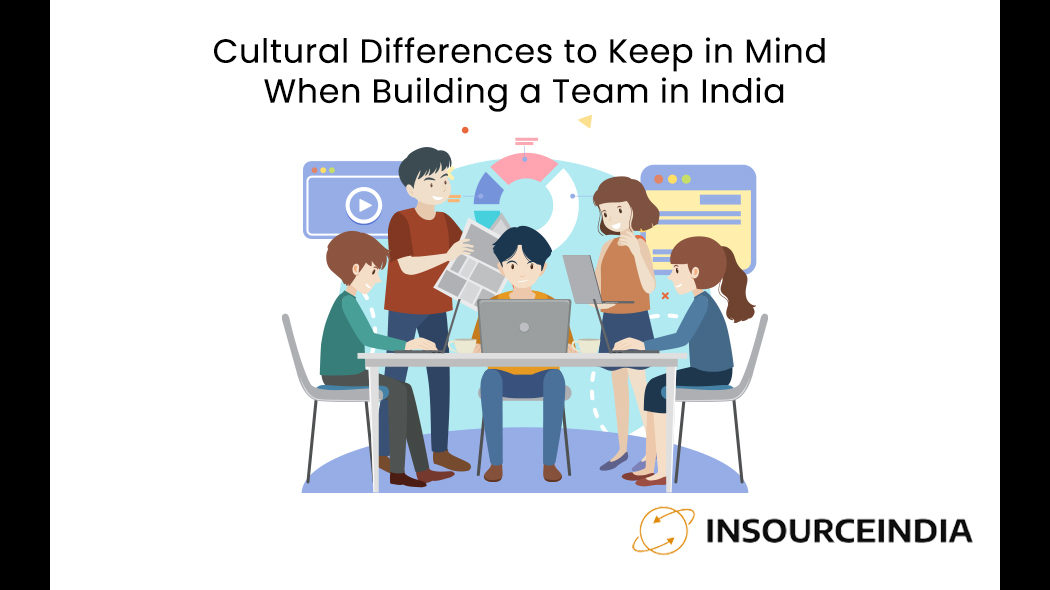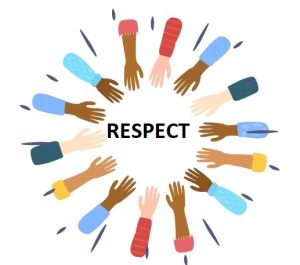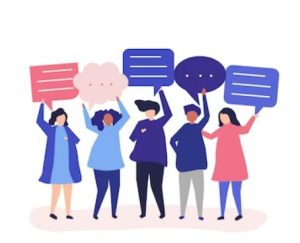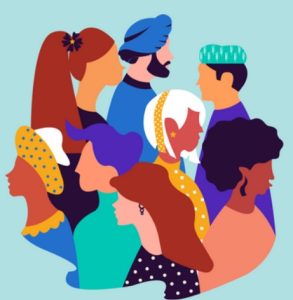Building a team in India can be an exciting endeavour, but it’s essential to keep in mind the cultural differences that may impact the way you work together. India is a country with a diverse range of cultures, religions, and traditions, and understanding these nuances can help you build a stronger, more cohesive team.
 Hierarchy & respect
Hierarchy & respect
In Indian culture, hierarchy and respect play a significant role in relationships, both personal and professional. It’s essential to keep these cultural values in mind when building a team in India.
In Indian society, people are accustomed to following a hierarchical structure. It’s essential to establish a clear hierarchy within your team and communicate everyone’s role and responsibilities. By doing so, you can help your team members understand their place within the team and the organization.
Respect is also crucial in Indian culture. It’s important to show respect to each team member, regardless of their position within the hierarchy. This respect extends to addressing people with their appropriate titles, such as using “sir” or “madam” when addressing superiors.
Team members may be hesitant to voice their opinions if they feel that their ideas are not valued or if they perceive a power imbalance. Encourage open communication and create a supportive environment where everyone feels heard and valued. Make it clear that everyone’s ideas and contributions are important to the success of the team.
Building a team in India requires an understanding of the cultural values of hierarchy and respect. By keeping these values in mind, you can create a collaborative and supportive work environment that helps your team members thrive.
 Communication styles
Communication styles
In India, communication styles may differ from what you are used to in your home country. Indians tend to be indirect in their communication and may use nonverbal cues to indicate agreement or disagreement. It’s important to keep these communication styles in mind when building a team in India.
In Indian culture, people tend to communicate indirectly to avoid conflict or causing offense.
This may manifest in the use of euphemisms or the avoidance of direct language. As a result, it’s important to listen carefully to what your team members are saying and be aware of nonverbal cues to ensure that you are fully understanding their message.
Nonverbal communication, such as nodding or shaking one’s head, can also play a significant role in communication in India. A nod may indicate agreement or understanding, while a head shake may indicate disagreement or confusion. It’s important to pay attention to these nonverbal cues and ask clarifying questions to ensure that you are on the same page with your team members.
It’s also important to note that English is not the first language for many Indians, and language barriers may exist. Speak slowly and clearly, and avoid using slang or idiomatic expressions that may be unfamiliar to your team members. It may also be helpful to provide written communication or visual aids to supplement your verbal communication.
In conclusion, understanding communication styles in India is essential when building a team in India. By being aware of these communication styles and adapting your communication style accordingly, you can ensure effective communication within your team and avoid miscommunication or misunderstandings.
 Time management
Time management
In India, time management may differ from what you are used to in your home country. Punctuality may not be as highly valued in Indian culture as it is in some other cultures. It’s important to keep this cultural difference in mind when building a team in India.
Meetings may start later than scheduled, and deadlines may be flexible in Indian culture. However, it’s still essential to establish clear timelines and expectations with your team members and communicate the importance of meeting deadlines. Provide regular reminders and follow-up on deadlines to ensure that your team members are on track.
It’s also important to note that interruptions and unexpected events may arise that could impact timelines. These may include personal or family emergencies or unexpected traffic delays. Be understanding of these situations and work with your team members to find solutions to ensure that deadlines are still met.
In conclusion, time management is a cultural difference to keep in mind when building a team in India. By establishing clear timelines and expectations and communicating the importance of meeting deadlines, you can help your team members prioritize their work and stay on track. Be understanding of unexpected events that may arise, and work with your team members to find solutions to ensure that deadlines are still met.
 Religion and festivals
Religion and festivals
Religion and festivals play an important role in Indian culture. India is a diverse country with many religions and beliefs, and it’s important to keep this in mind when building a team in India.
Religious beliefs may impact your team members’ work schedules or their ability to attend certain events or meetings. For example, Fridays are considered a holy day for Muslims, and they may need to leave early to attend Friday prayers. Hindu team members may need to take time off during the festival of Diwali to celebrate with their families.
It’s important to be aware of these religious observances and make accommodations where possible. Consider scheduling important meetings or events outside of religious holidays or allowing flexible work schedules to accommodate religious observances.
Festivals are also an essential part of Indian culture, and they often involve significant celebrations and time off from work. These festivals may include Diwali, Holi, and Eid, among others. Be aware of these festivals and encourage your team members to celebrate their cultural heritage.
Celebrating festivals within the workplace can also be an opportunity to foster a sense of community and inclusivity. Consider hosting a Diwali celebration or organizing a potluck to celebrate the diverse cultures within your team.
In conclusion, religion and festivals are an important aspect to keep in mind when building a team in India. By being aware of religious observances and making accommodations where possible, you can ensure that your team members feel valued and supported. Celebrating festivals within the workplace can also be an opportunity to foster a sense of community and inclusivity within your team.
 Diversity
Diversity
India is a diverse country with many different languages, religions, and cultures. It’s important to keep this diversity in mind when building a team in India.
Diversity can bring many benefits to a team, including increased creativity, innovation, and problem-solving. However, it’s essential to ensure that all team members feel included and valued. This can be achieved by fostering a culture of respect and inclusivity within the team.
Consider providing diversity and inclusion training for your team members to raise awareness of unconscious biases and promote a more inclusive workplace. Encourage open and honest communication and be open to feedback and suggestions from your team members.
It’s also important to recognize and respect cultural differences within the team. This may include accommodating religious observances or ensuring that communication styles and language preferences are respected.
Finally, ensure that your recruitment and hiring practices are inclusive and free from bias. Consider implementing blind resume screening or using diverse interview panels to promote a more inclusive hiring process.
In conclusion, diversity is an essential aspect to keep in mind when building a team in India. By fostering a culture of respect and inclusivity, promoting open communication, and implementing inclusive recruitment and hiring practices, you can ensure that all team members feel included and valued.
In conclusion, cultural differences play an important role in building a team in India. Recognizing and respecting these differences can help you create a positive work environment, foster a culture of inclusivity, and build a strong, collaborative team.
From hierarchy and respect to communication styles, time management, and religious observances, it’s essential to keep these cultural differences in mind when building a team in India. By doing so, you can establish strong relationships with your team members, encourage open and honest communication, and create a more collaborative work environment.
Ultimately, building a team in India requires an understanding of the country’s diverse cultural landscape. By embracing diversity and fostering a culture of inclusivity, you can create a team that respects and values each other’s differences and works together towards a common goal.

 Hierarchy & respect
Hierarchy & respect Communication styles
Communication styles Time management
Time management Religion and festivals
Religion and festivals Diversity
Diversity